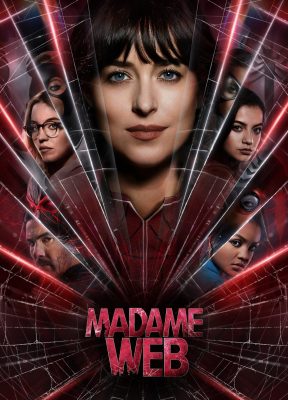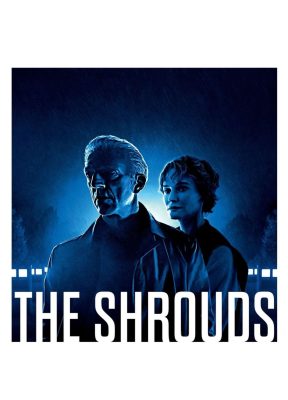
Top 10 Movies With Mind-Bending Plot Twists
Few storytelling devices thrill audiences like a masterful plot twist. A well-executed twist doesn’t just surprise—it redefines the entire narrative, forcing viewers to question every scene, motive, and assumption. These films challenge our perceptions, subvert expectations, and linger in the mind long after the credits roll. From psychological thrillers to sci-fi enigmas, here are ten movies that deliver twists so shocking, they’ve become cultural landmarks.
(Spoiler warning: Major plot twists revealed below.)
1. The Sixth Sense (1999)
Director: M. Night Shyamalan
The Twist: Child psychologist Dr. Malcolm Crowe (Bruce Willis) is dead—killed by a former patient in the film’s opening scene—and exists only as a ghost unaware of his own demise.
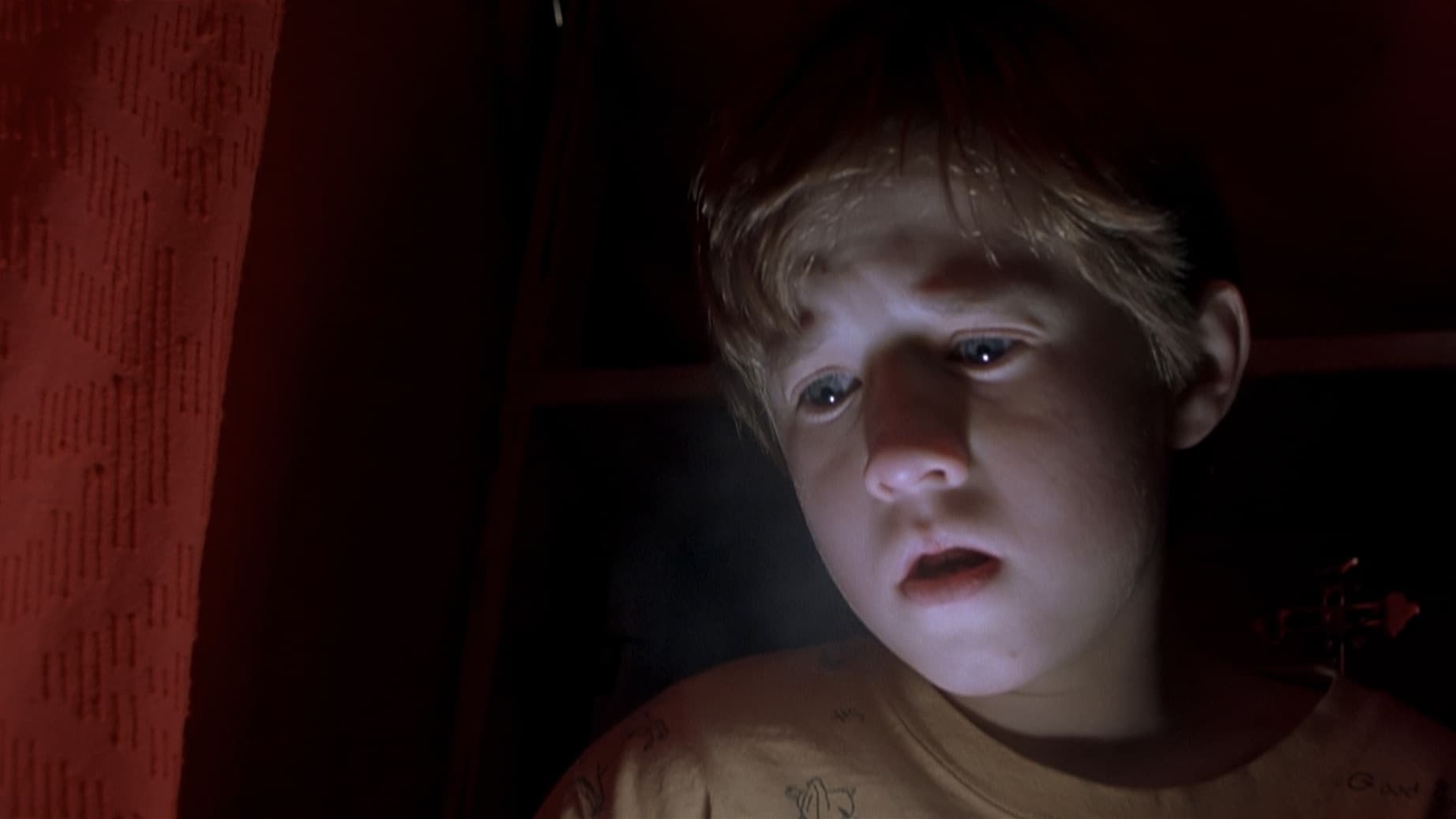
Why It’s Mind-Bending: Shyamalan’s breakthrough hinges on a twist that reframes every interaction. Malcolm’s inability to connect with anyone but Cole (Haley Joel Osment), a boy who “sees dead people,” suddenly makes horrifying sense. The final reveal transforms a supernatural drama into a poignant exploration of unresolved grief.
Legacy: The line “I see dead people” became iconic, and the twist set a new standard for narrative rug-pulls, cementing Shyamalan as the modern master of the unexpected.
2. Fight Club (1999)
Director: David Fincher
The Twist: The charismatic Tyler Durden (Brad Pitt) is not real—he’s a dissociative alter ego of the unnamed Narrator (Edward Norton), who’s been sabotaging his own life.
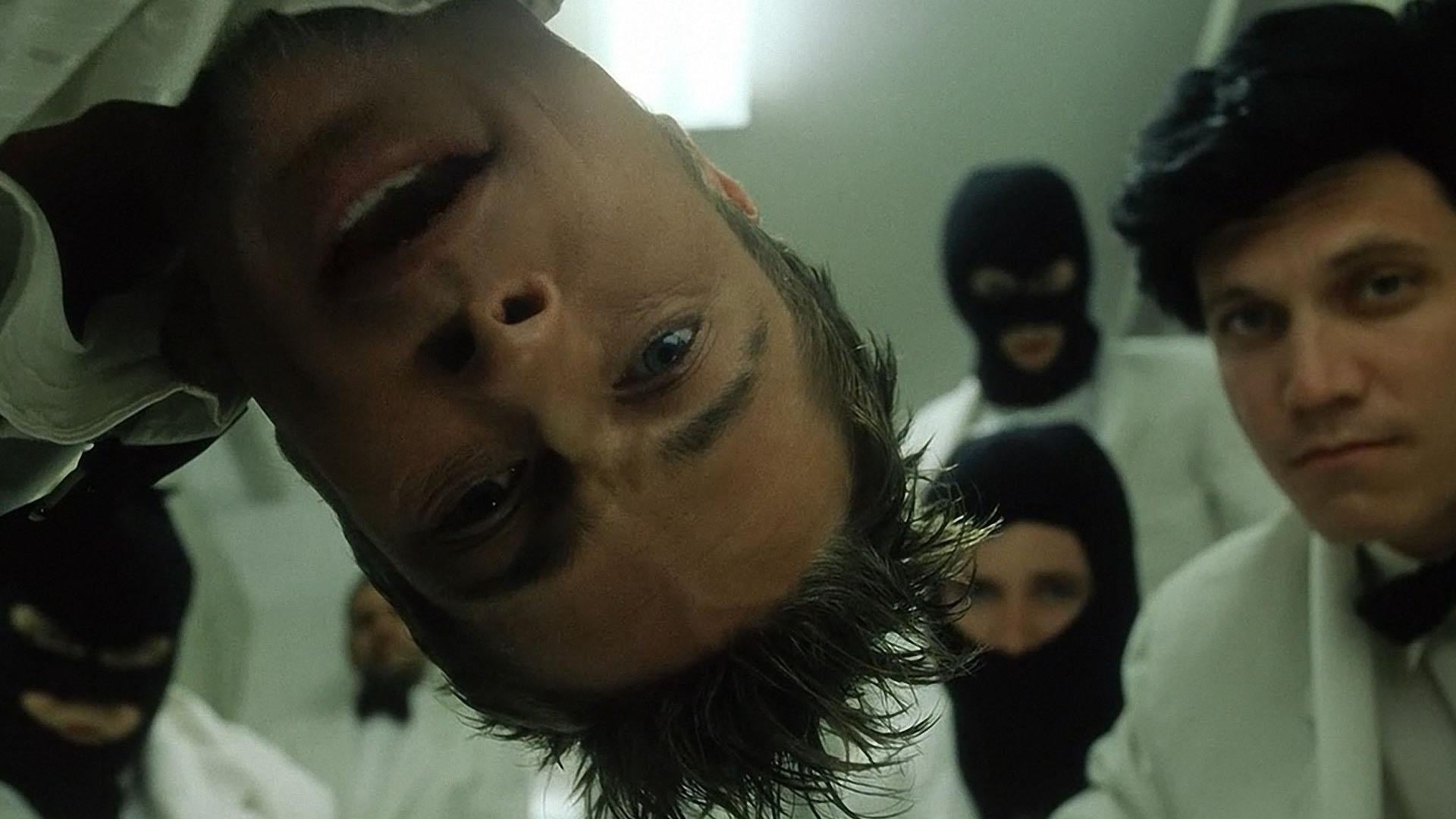
Why It’s Mind-Bending: The revelation forces viewers to reinterpret every fight, explosion, and conversation. Tyler’s anarchic philosophy, seemingly externalized, is exposed as the Narrator’s self-destructive id. The twist critiques consumerism and toxic masculinity, making the audience complicit in the delusion.
Legacy: “The first rule of Fight Club” became a cultural mantra, and the twist sparked endless debates about identity and reality.
3. The Usual Suspects (1995)
Director: Bryan Singer
The Twist: The entire story—a convoluted tale of crime lord Keyser Söze—is fabricated by Verbal Kint (Kevin Spacey), who limps out of the police station and sheds his persona to reveal he is Söze.
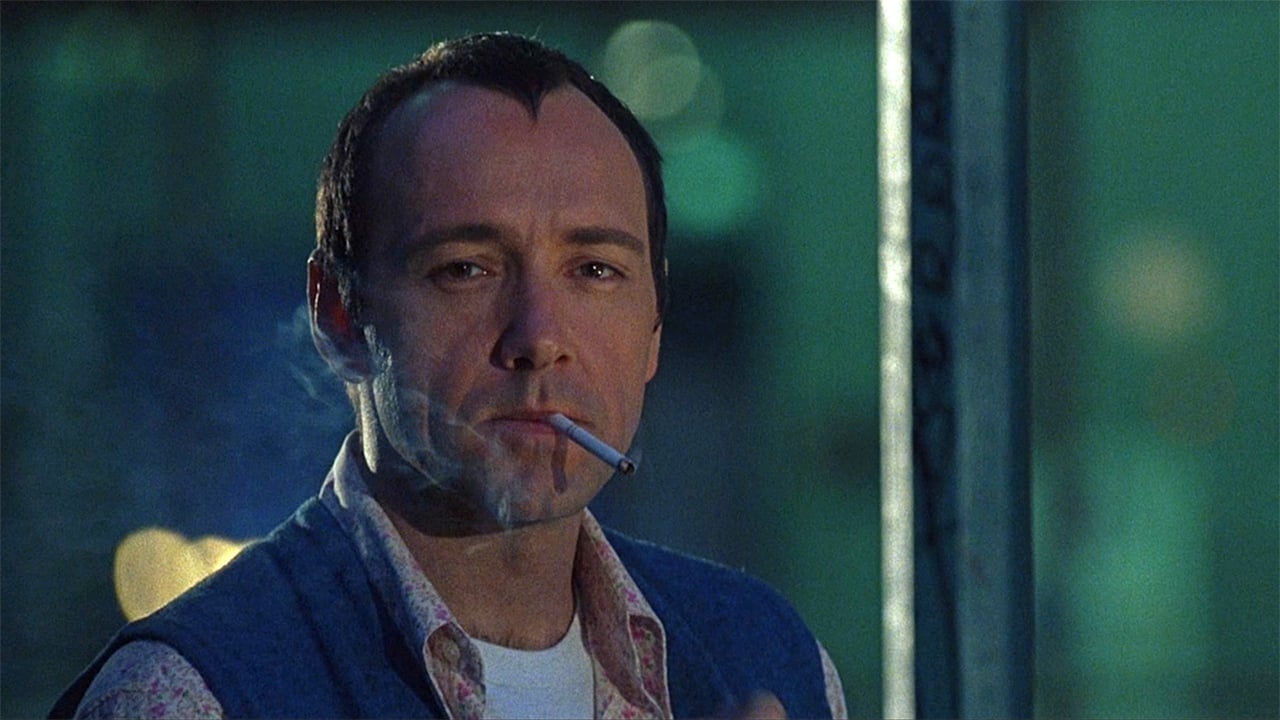
Why It’s Mind-Bending: The film’s nonlinear structure plants clues in plain sight, rewarding repeat viewings. The twist elevates Verbal from a meek informant to a mythic villain, proving that the greatest trick the devil ever pulled was convincing the world he didn’t exist.
Legacy: The phrase “Keyser Söze” became synonymous with unreliable narration, and Spacey’s Oscar-winning performance remains a benchmark.
4. Psycho (1960)
Director: Alfred Hitchcock
The Twist: Norman Bates (Anthony Perkins), the shy motel owner, is the killer—channeling his dead mother’s identity through split personality disorder.

Why It’s Mind-Bending: Hitchcock’s decision to kill off protagonist Marion Crane (Janet Leigh) halfway through the film was revolutionary. The reveal that Norman’s “mother” is a corpse and a fractured psyche redefined horror, blending psychological terror with Freudian dread.
Legacy: The shower scene and twist influenced generations of slasher films, cementing Psycho as a genre pioneer.
5. Se7en (1995)
Director: David Fincher
The Twist: The killer, John Doe (Kevin Spacey), completes his “seven deadly sins” masterpiece by forcing Detective Mills (Brad Pitt) to kill him in wrath—using the severed head of Mills’ wife as the final trigger.
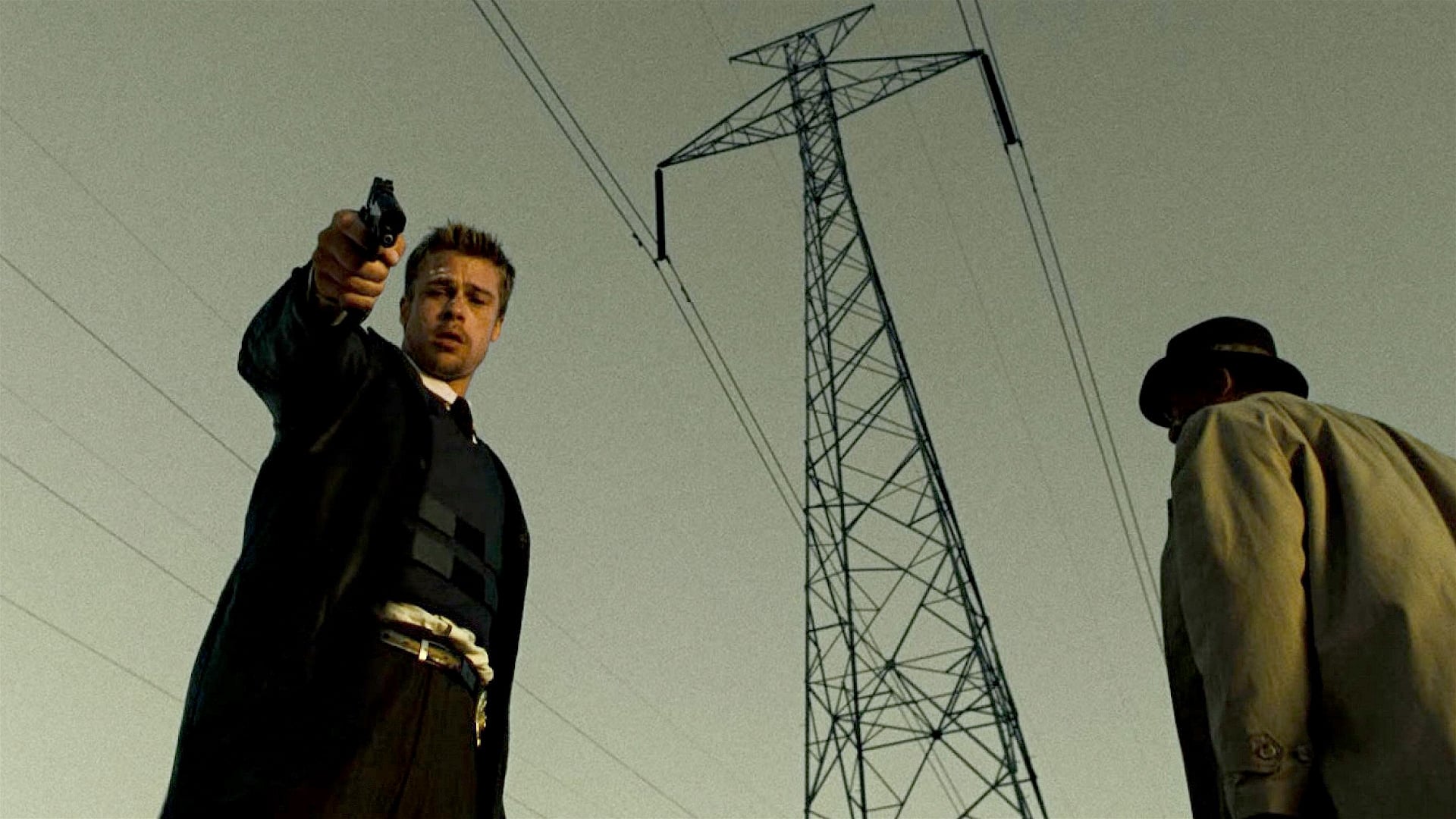
Why It’s Mind-Bending: The gruesome “What’s in the box?” scene forces Mills—and the audience—to confront the futility of justice in a morally bankrupt world. Doe’s victory lies in corrupting Mills’ soul, turning him into a pawn of the very sin he sought to eradicate.
Legacy: The bleak ending sparked controversy and solidified Fincher’s reputation for dark, nihilistic storytelling.
6. The Prestige (2006)
Director: Christopher Nolan
The Twist: Alfred Borden (Christian Bale) and his twin brother have been living as one person to execute their “transported man” magic trick, while rival Robert Angier (Hugh Jackman) uses a cloning machine to replicate himself nightly—drowning his duplicates to maintain the illusion.
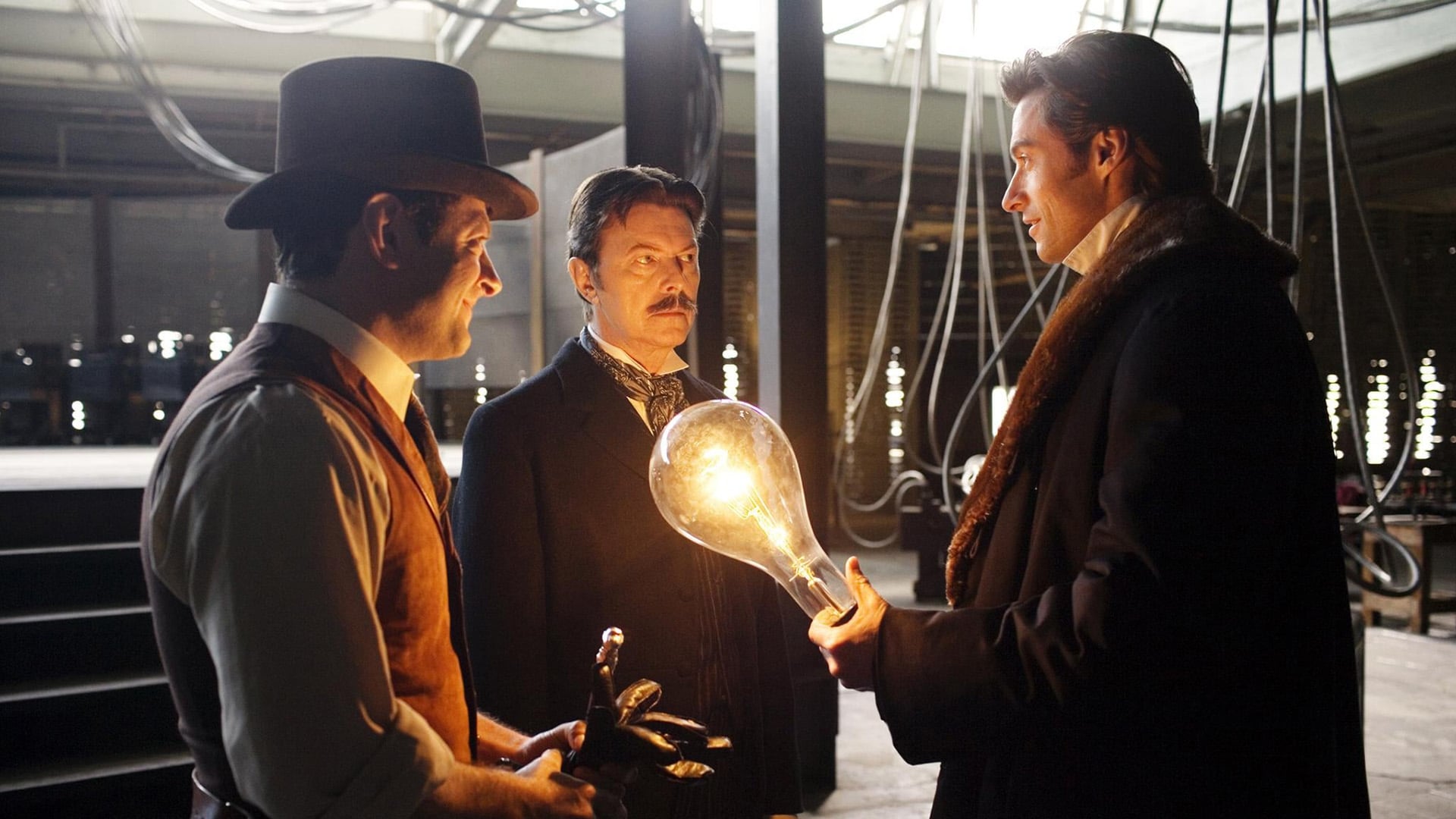
Why It’s Mind-Bending: The film layers twists like a Russian doll. Borden’s secret sacrifices (sharing a life of half-truths) contrast with Angier’s literal self-destruction, questioning the cost of obsession.
Legacy: A masterclass in narrative misdirection, blending sci-fi and Victorian drama to explore identity and ambition.
7. Oldboy (2003)
Director: Park Chan-wook
The Twist: Oh Dae-su (Choi Min-sik), imprisoned for 15 years, unknowingly falls in love with his long-lost daughter—a cruel revenge orchestrated by Lee Woo-jin, whose sister died due to Dae-su’s childhood gossip.

Why It’s Mind-Bending: The twist is both narratively shocking and emotionally devastating, reframing Dae-su’s quest for vengeance as a self-destructive spiral. The infamous hallway hammer fight and live octopus scene pale next to the horror of the incest reveal.
Legacy: A cornerstone of the New Korean Wave, celebrated for its unflinching brutality and moral complexity.
8. Gone Girl (2014)
Director: David Fincher
The Twist: Amy Dunne (Rosamund Pike) fakes her own kidnapping to frame her husband Nick (Ben Affleck) for murder, manipulating media and public perception to punish him for infidelity.
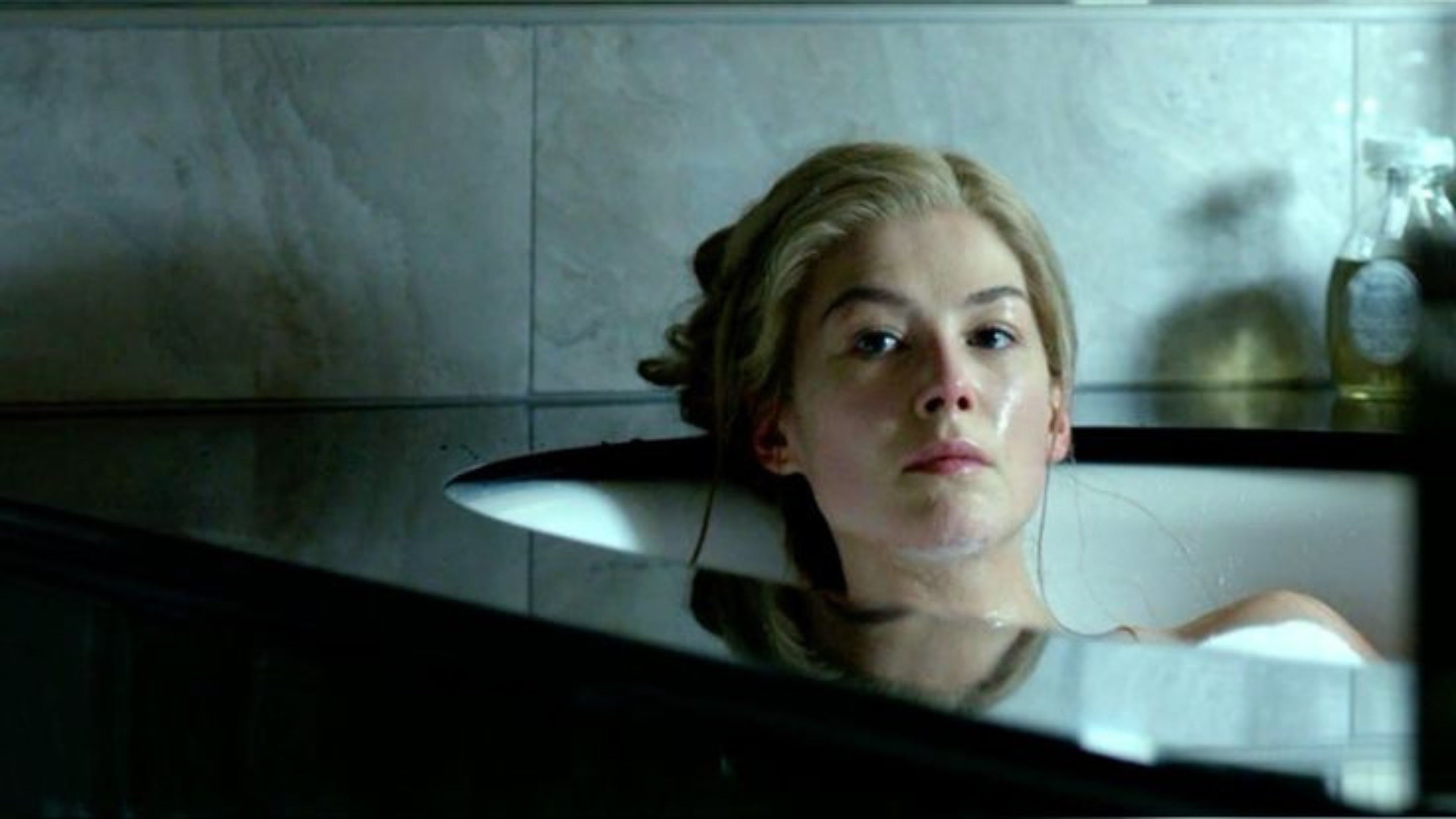
Why It’s Mind-Bending: Amy’s diary, initially presented as a truthful account, is exposed as a fabricated script. The twist critiques performative victimhood and media sensationalism, turning a missing-person thriller into a satire of modern marriage.
Legacy: Pike’s “Cool Girl” monologue became a feminist rallying cry, and the film reignited debates about trust and manipulation.
9. Shutter Island (2010)
Director: Martin Scorsese
The Twist: U.S. Marshal Teddy Daniels (Leonardo DiCaprio) is actually Andrew Laeddis, a delusional patient who invented a detective persona to escape guilt over murdering his mentally ill wife.
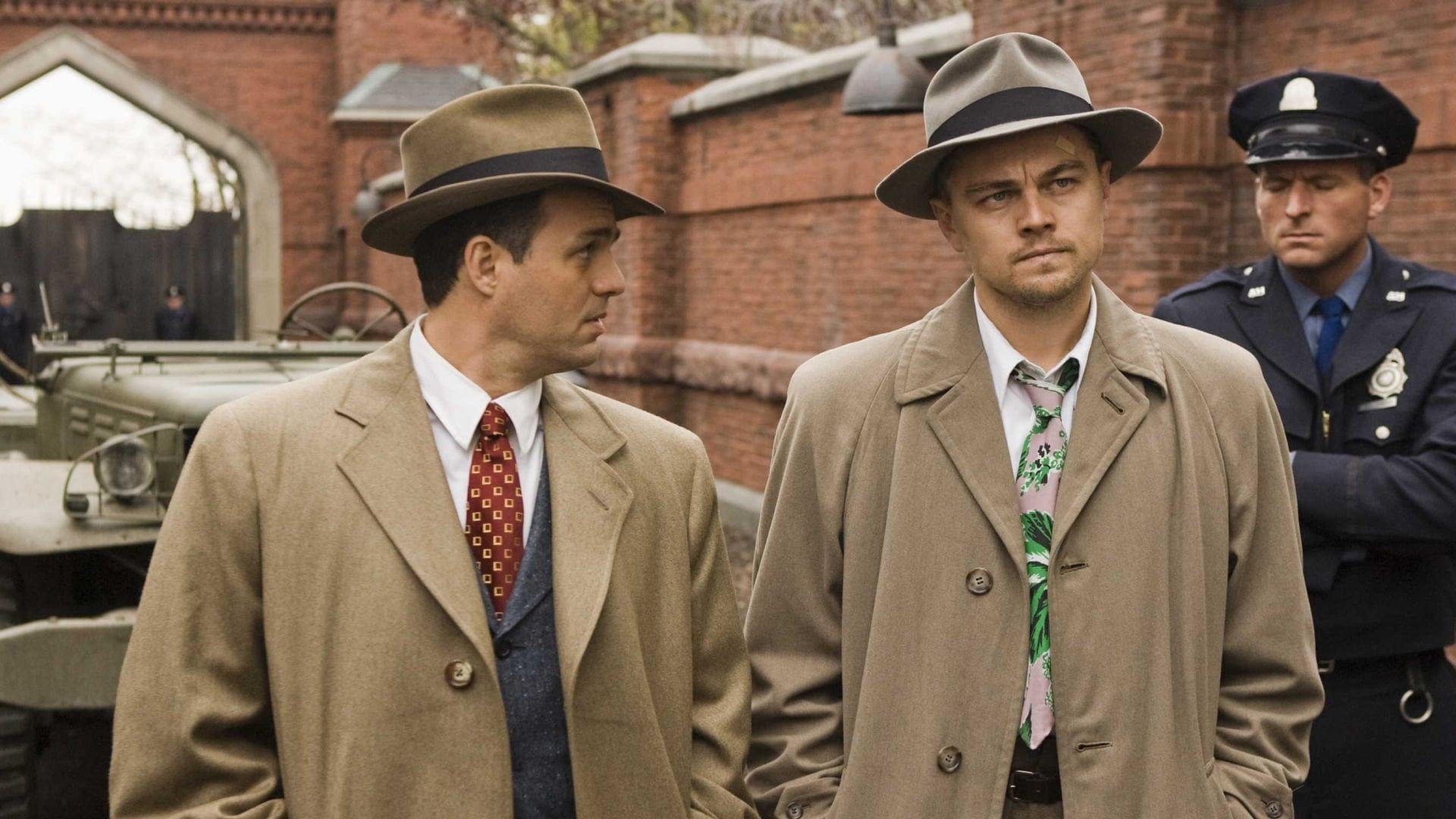
Why It’s Mind-Bending: Scorsese drip-feeds clues—changing handwriting, “flashbacks” that don’t add up—before the crushing reveal that Teddy’s investigation is an elaborate role-play therapy. The final line (“Is it better to live as a monster or die as a good man?”) haunts long after the screen fades.
Legacy: A psychological puzzle that rewards rewatches, blending noir and Gothic horror.
10. Memento (2000)
Director: Christopher Nolan
The Twist: Leonard (Guy Pearce), a man with short-term memory loss hunting his wife’s killer, is revealed to have already avenged her death. He manipulates himself into a perpetual cycle of false quests to avoid confronting his role in her accidental overdose.
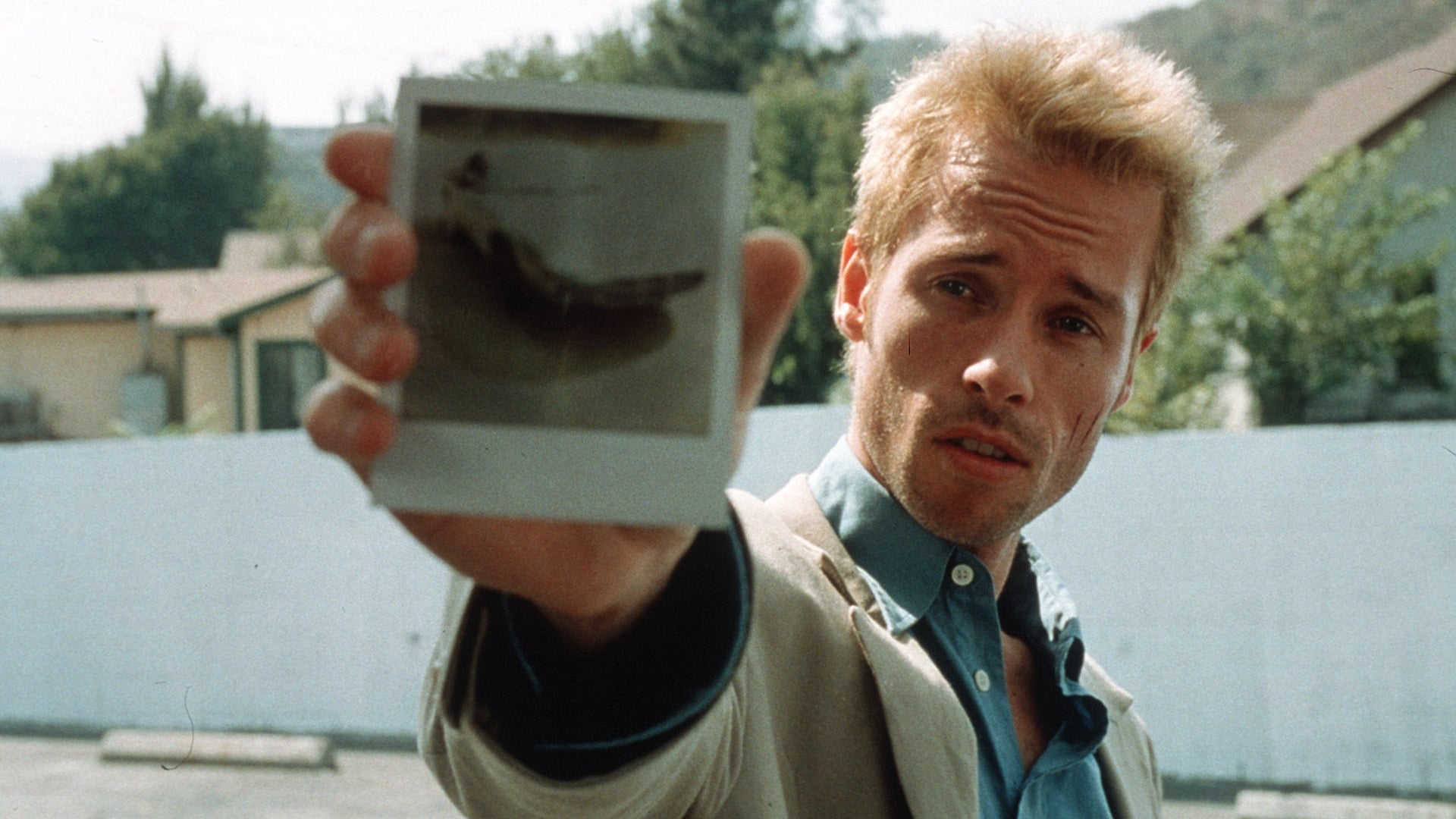
Why It’s Mind-Bending: The film’s reverse chronology mirrors Leonard’s fractured psyche. The twist forces viewers to question the reliability of memory and the stories we tell ourselves to cope with guilt.
Legacy: A groundbreaking experiment in nonlinear storytelling, solidifying Nolan as a maestro of cerebral cinema.

